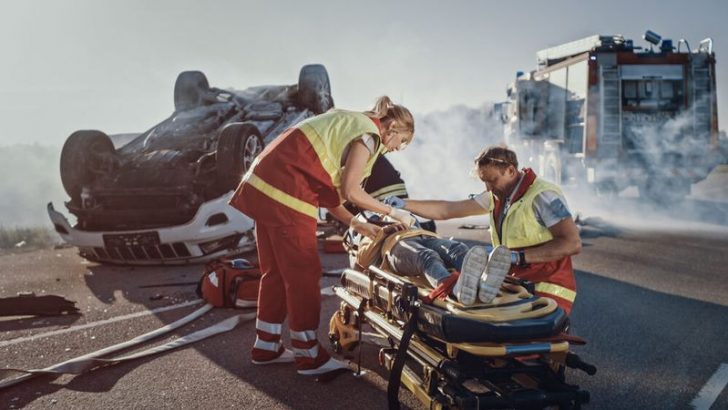Emergency workers are often the unsung heroes responding to accident scenes, witnessing a multitude of situations and emotions that most of us are unaware of. What they observe is not always shared with the public, either due to protocol or the sensitive nature of their experiences. Here, we explore 13 things they encounter that remain largely untold, shedding light on the complex, often hidden world of accident response.
1. Unseen Emotional Turmoil
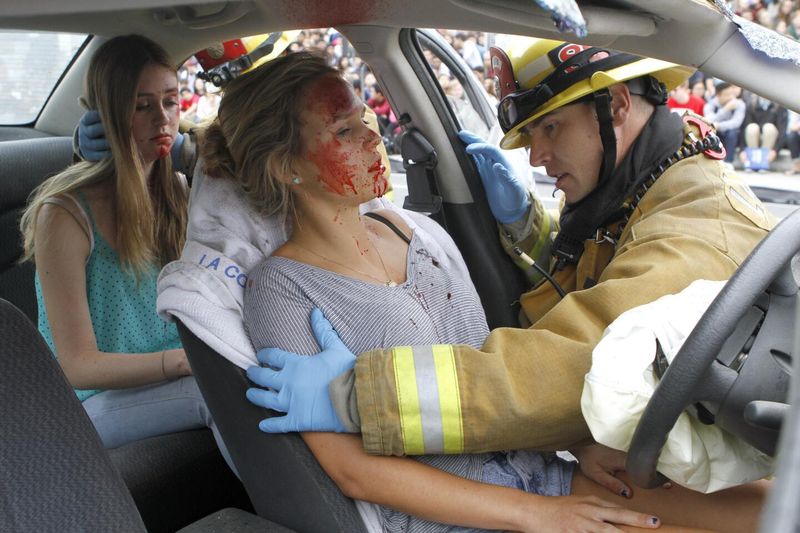
In the chaos of accident scenes, the emotional turmoil is palpable. Paramedics often encounter victims grappling with overwhelming fear and confusion. Witnessing such raw emotions can be heart-wrenching for even the most seasoned professionals.
Despite maintaining a calm exterior, emergency workers often absorb the distress around them, offering solace where they can. This emotional burden is rarely discussed outside their circle, yet it deeply impacts their well-being.
Did you know? Many paramedics undergo psychological training to cope with what they witness, helping them manage the emotional weight of their roles.
2. Fragmented Memories Scattered

Amidst the debris of an accident, personal belongings tell silent stories. A child’s toy, a forgotten shoe, or a pair of glasses—each item offers a glimpse into the lives abruptly interrupted.
These fragments of normalcy are poignant reminders of the ordinary moments preceding chaos. Emergency workers often handle these with care, preserving dignity amidst disorder.
Such moments highlight the human aspect of accidents, a reality that isn’t always visible in official reports. These scattered memories linger on, silently echoing the lives they belonged to.
3. Sounds of Silence
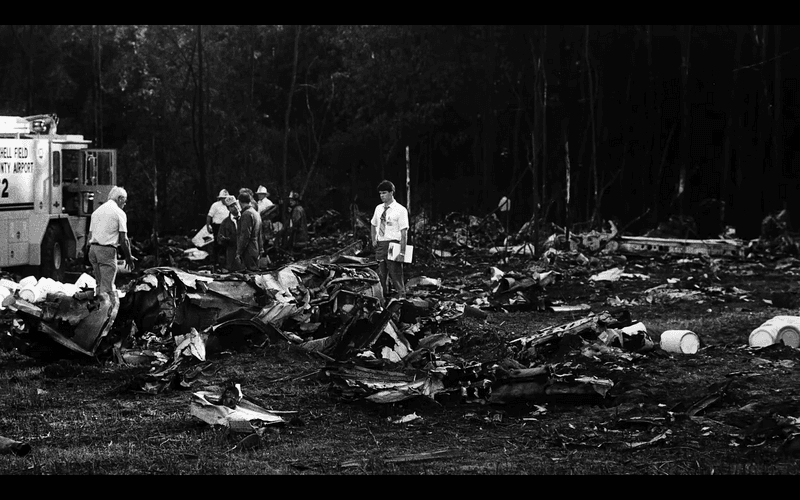
The aftermath of an accident is often eerily silent, a stark contrast to the earlier chaos. Firefighters and paramedics find themselves enveloped in this quiet, where the absence of noise speaks volumes.
This silence is heavy, filled with unspoken stories and unanswered questions. It’s a moment of reflection for emergency workers, a brief pause before they resume their duties.
This quietude is a profound aspect of their experiences, resonating long after the scene is cleared.
4. Resilience in Chaos
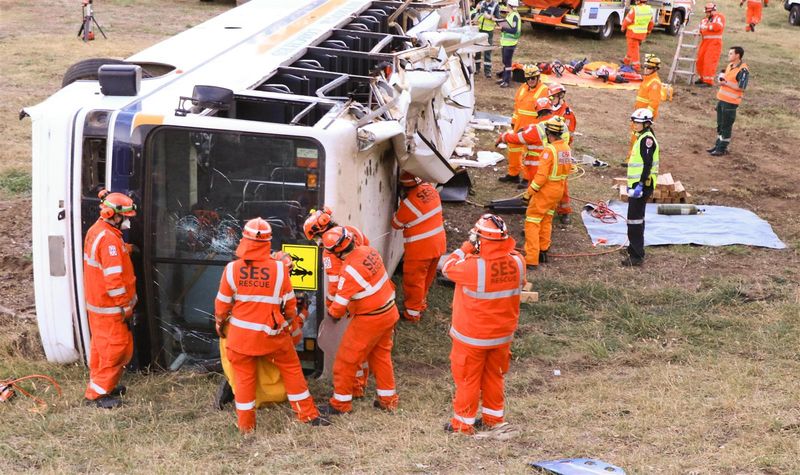
Amidst the disarray, emergency workers display remarkable resilience. Their ability to remain focused and composed under pressure is nothing short of extraordinary.
This steadfastness ensures efficient management of chaotic scenes, safeguarding lives and restoring order. Such resilience is often a product of rigorous training and innate determination.
Did you know? Emergency workers are trained to make split-second decisions, a skill that often saves lives and minimizes harm during critical moments.
5. Silent Stories of Survival
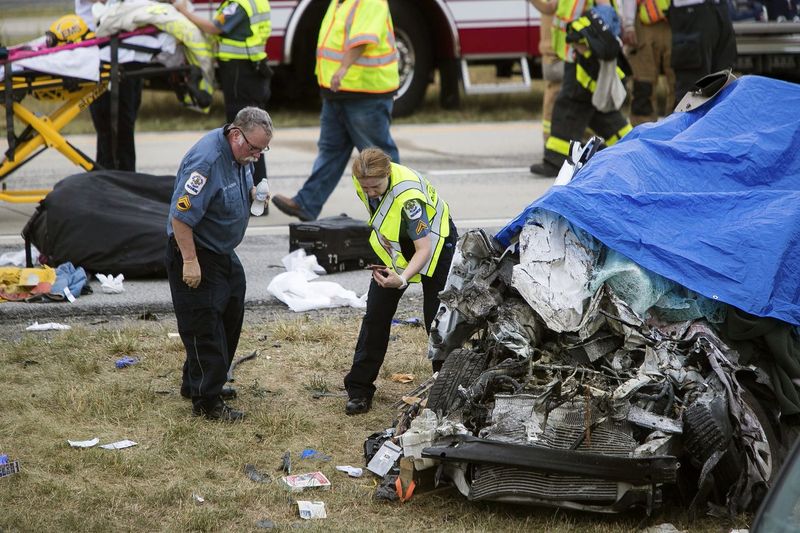
Every accident scene holds silent stories of survival, tales of human endurance and chance. Paramedics often witness miraculous escapes, where survivors emerge from seemingly hopeless situations.
These moments are humbling, reminding emergency workers of the fragility and resilience of life. Such stories are rarely shared, yet they leave a lasting impression on those involved.
Did you know? Many survivors develop a profound appreciation for life after experiencing such close calls, a sentiment echoed by the emergency workers who helped them.
6. Unspoken Bond Between Colleagues
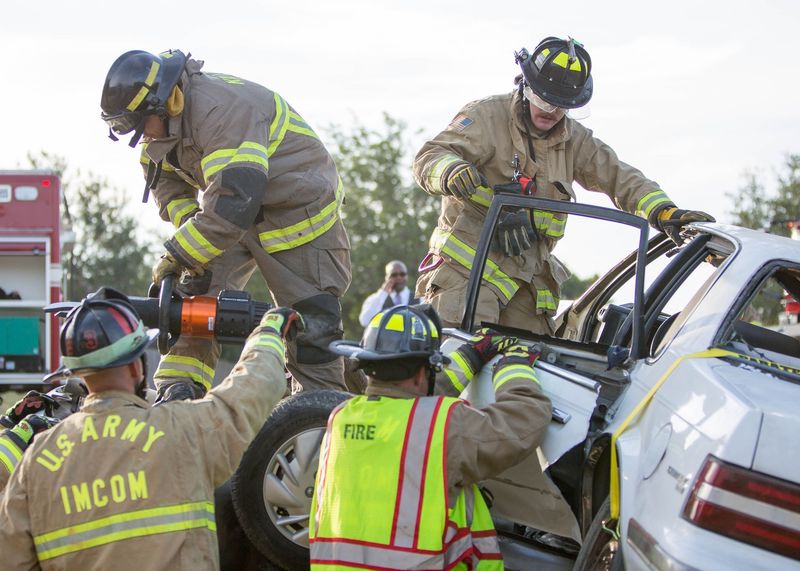
In the face of adversity, a unique camaraderie develops among emergency workers. This bond, forged through shared experiences, is crucial for their collective strength.
Knowing they can rely on each other provides support and reassurance during the most challenging times. This unspoken understanding remains largely invisible to outsiders, yet it’s a cornerstone of their teamwork.
Did you know? Many emergency workers continue these friendships outside of work, drawing strength from their shared experiences.
7. Aftermath of Heroic Efforts
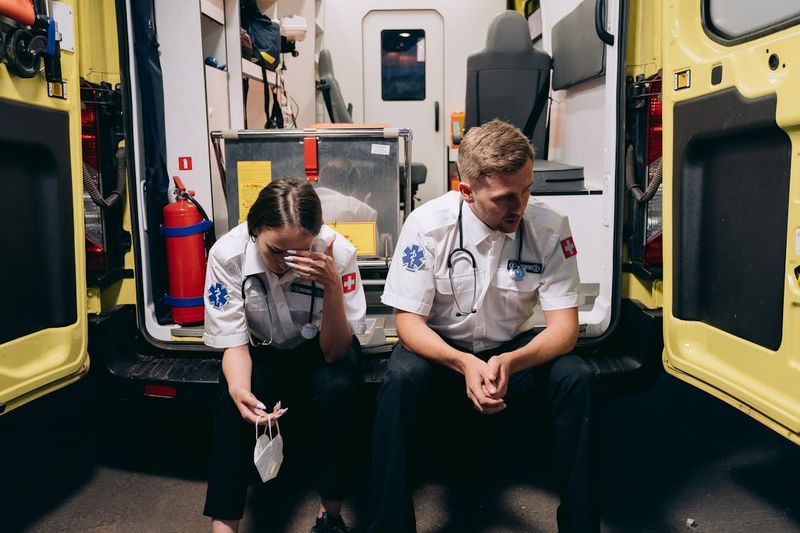
The aftermath of a rescue is filled with a mix of relief and exhaustion. Paramedics, after exerting every ounce of energy, often sit in silence, processing the events they’ve just navigated.
These moments of reflection are integral to their routine, offering a chance to mentally recharge. The gratitude and relief from successful efforts are immense, yet often goes unvoiced outside their circles.
Did you know? Many emergency workers have personal rituals to help them unwind and prepare for the next call, ensuring sustained mental health.
8. Invisible Scars
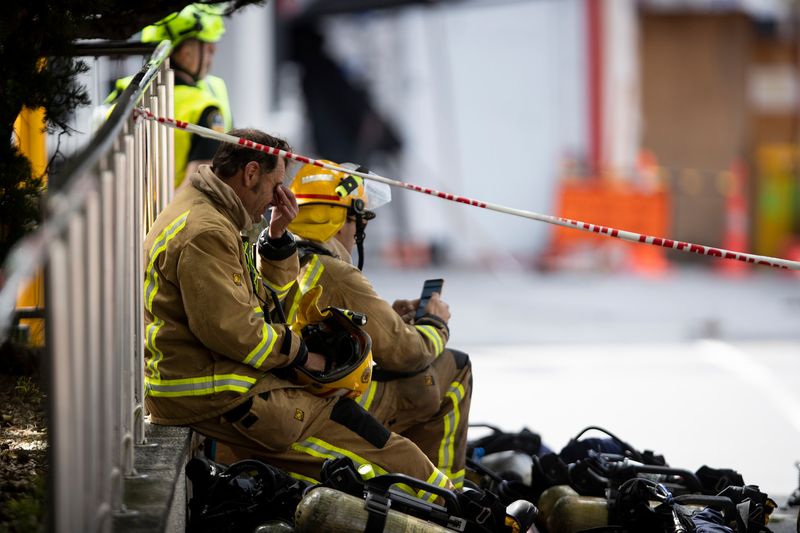
Beyond the physical injuries, accident scenes often leave invisible scars on those who respond. Firefighters and paramedics carry these emotional imprints, shaped by the scenes they’ve witnessed.
These unseen scars influence their perspectives, altering how they interact with the world. While they maintain professionalism, the weight of these memories lingers.
Did you know? Many emergency departments provide counseling services to help their teams cope with the emotional challenges of their work.
9. Unexpected Acts of Kindness
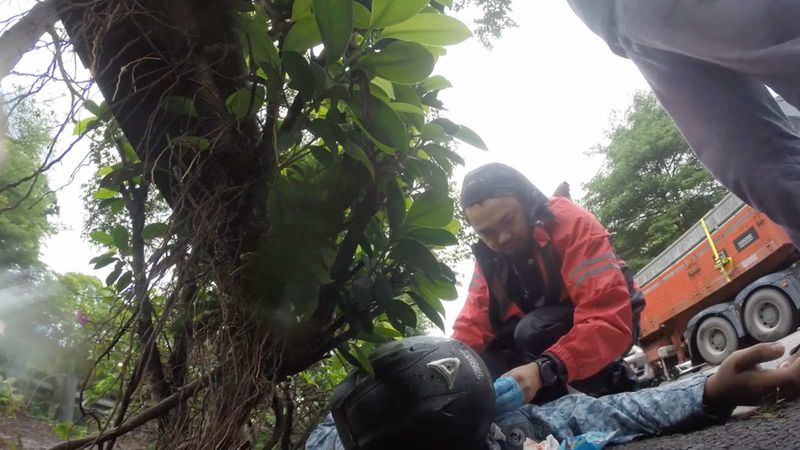
Amidst the chaos, unexpected acts of kindness often shine through. Bystanders offering water, a comforting word, or a simple gesture can greatly impact emergency workers.
These moments of humanity remind them of the goodness in people, providing a morale boost during grueling situations. Such gestures foster a sense of community, creating bonds between strangers.
Did you know? Many emergency workers cherish these interactions, keeping tokens of appreciation as reminders of the kindness they encountered.
10. The Weight of Responsibility
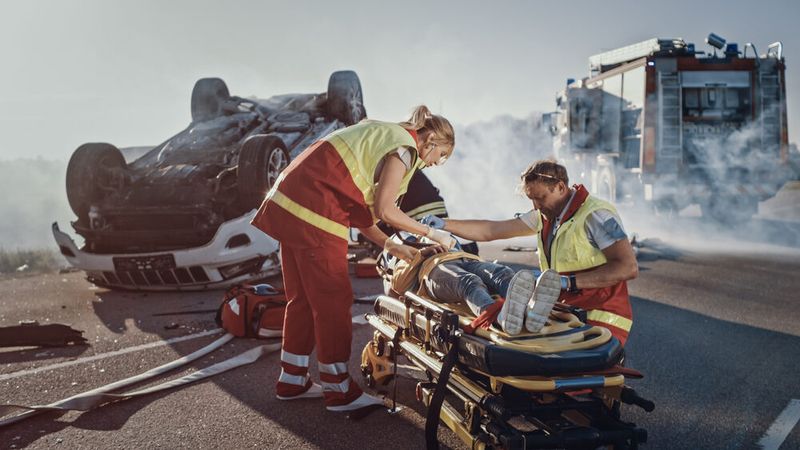
The responsibility carried by emergency workers is immense. Each decision they make can mean the difference between life and death. This weight is ever-present, driving them to perform their best.
Despite this pressure, their determination shines through, ensuring the safety and care of those involved in accidents. This responsibility is a constant companion, shaping their professional journey.
Did you know? Emergency workers undergo continuous training to refine their skills, maintaining readiness for any scenario they might face.
11. Coping with Loss
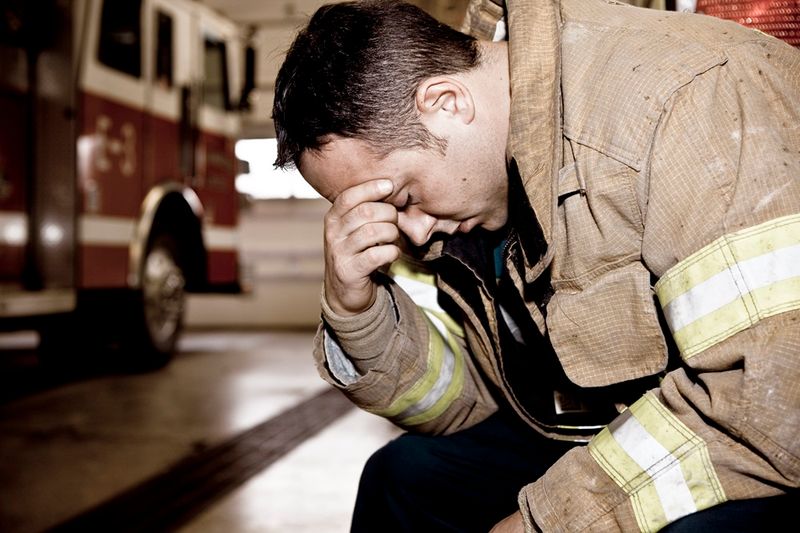
Loss is an inevitable aspect of emergency work. Paramedics often find themselves comforting families, bearing witness to grief and sorrow.
This emotional toll is profound, requiring resilience and compassion. Coping with such loss is a challenge, yet it forms a significant part of their duty.
Did you know? Many emergency workers develop personal coping mechanisms to handle these difficult moments, ensuring they remain empathetic and effective in their roles.
12. Moments of Reflection
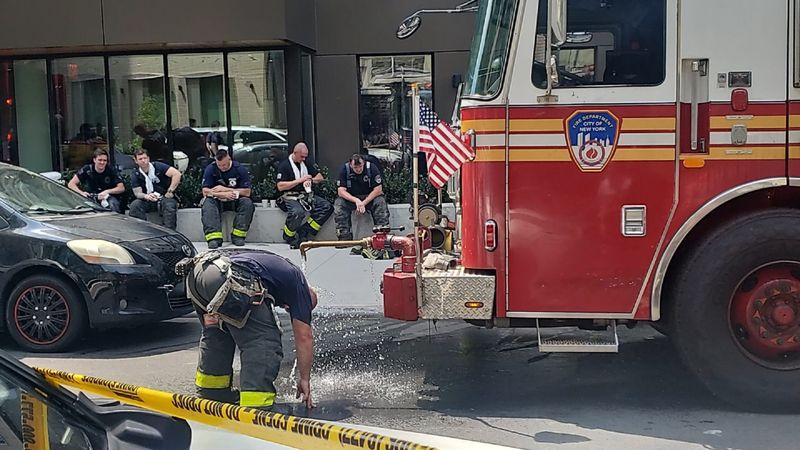
Every accident scene offers moments of reflection for emergency workers. As they pause, they ponder life’s unpredictability and their role in restoring order.
These contemplative moments are precious, offering insights and personal growth. They recognize the subtle impact of each situation, shaping their worldview.
Did you know? Many workers find solace in reflecting on their experiences, drawing strength and understanding from their unique perspective on life.
13. Silent Heroes Behind the Scenes
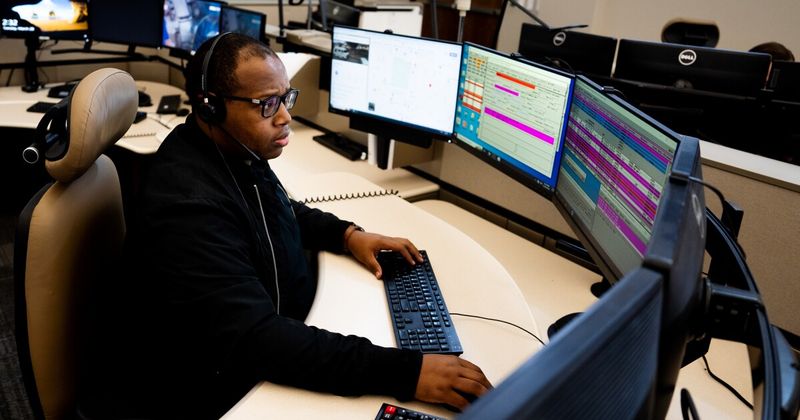
Behind every successful response, a team of dispatchers works tirelessly, coordinating efforts and providing vital information. These silent heroes remain largely unrecognized, yet their role is indispensable.
Their ability to maintain composure and efficiency ensures the seamless execution of rescue efforts. The unseen contributions of these individuals are a testament to their dedication.
Did you know? Dispatchers often develop strong relationships with the responders they support, creating an unspoken bond of trust and reliability.

